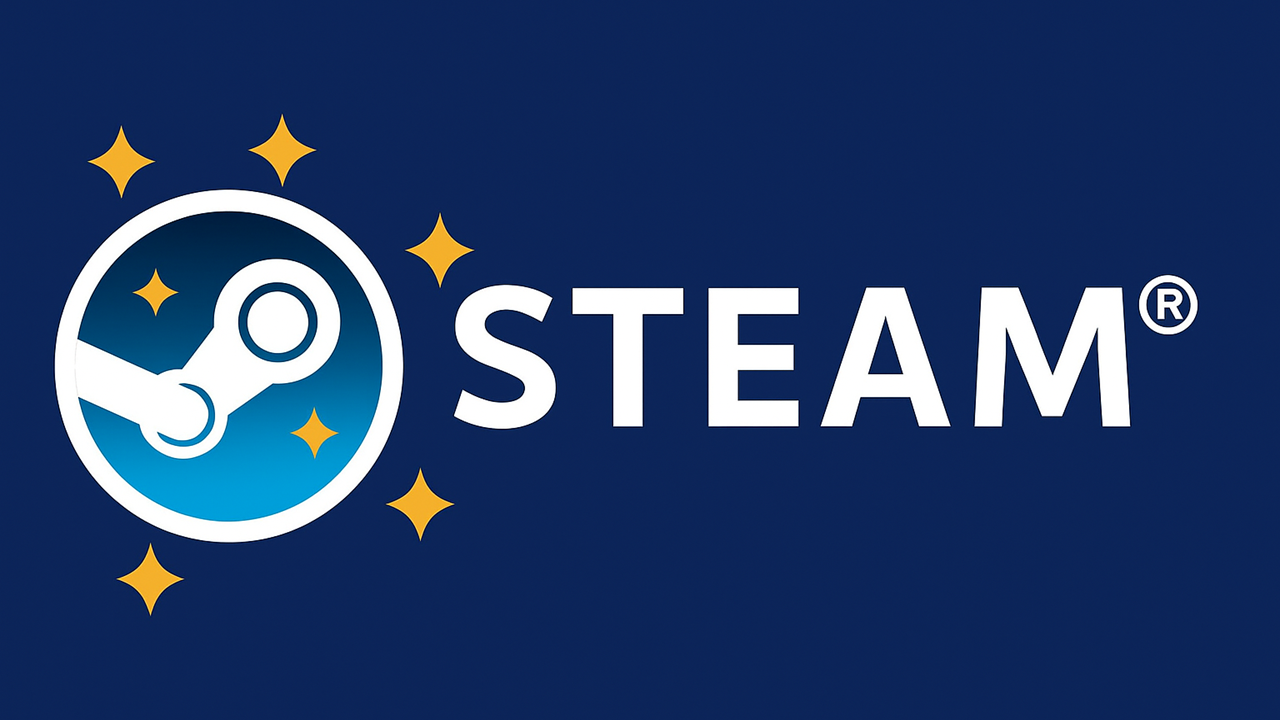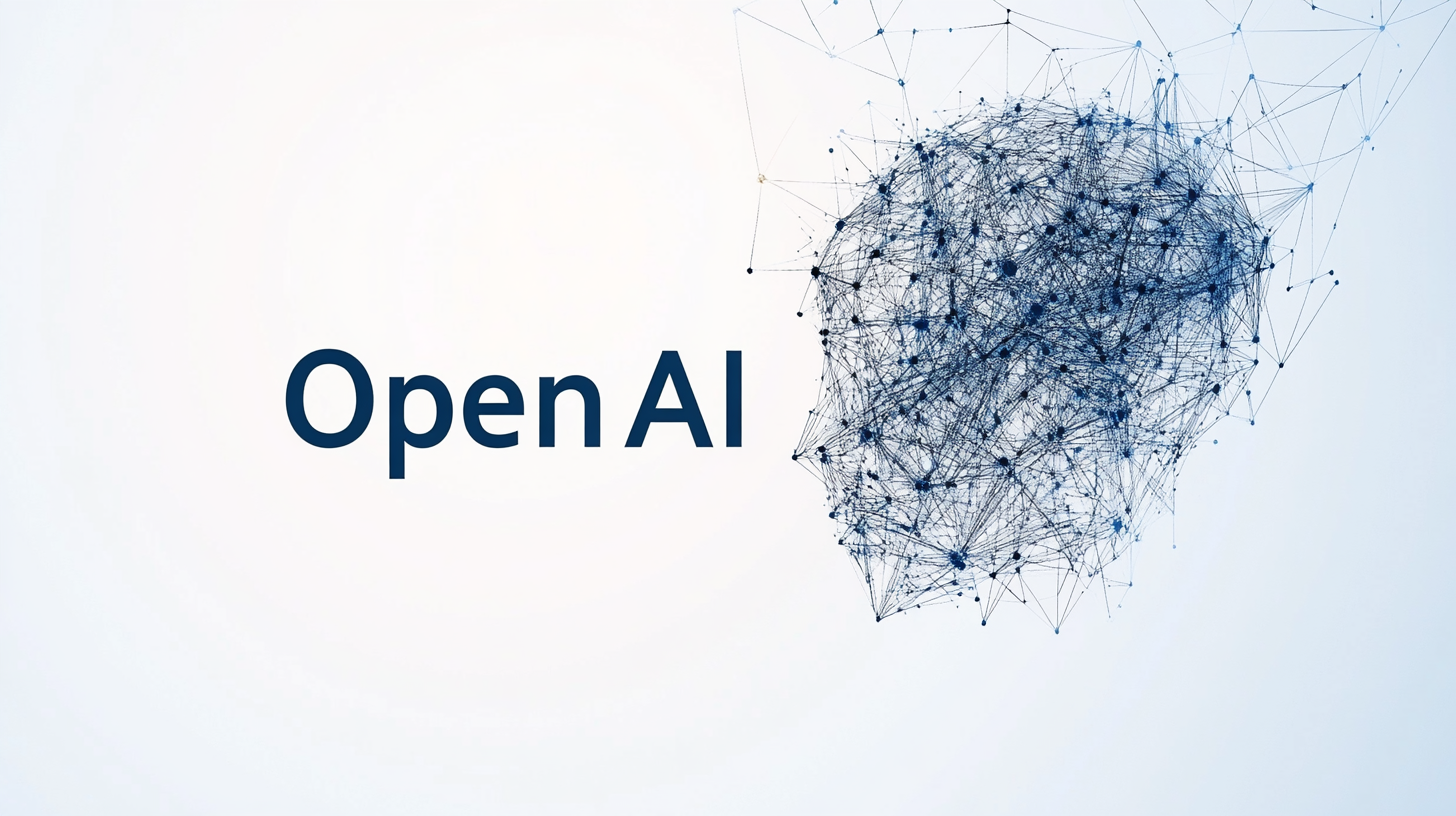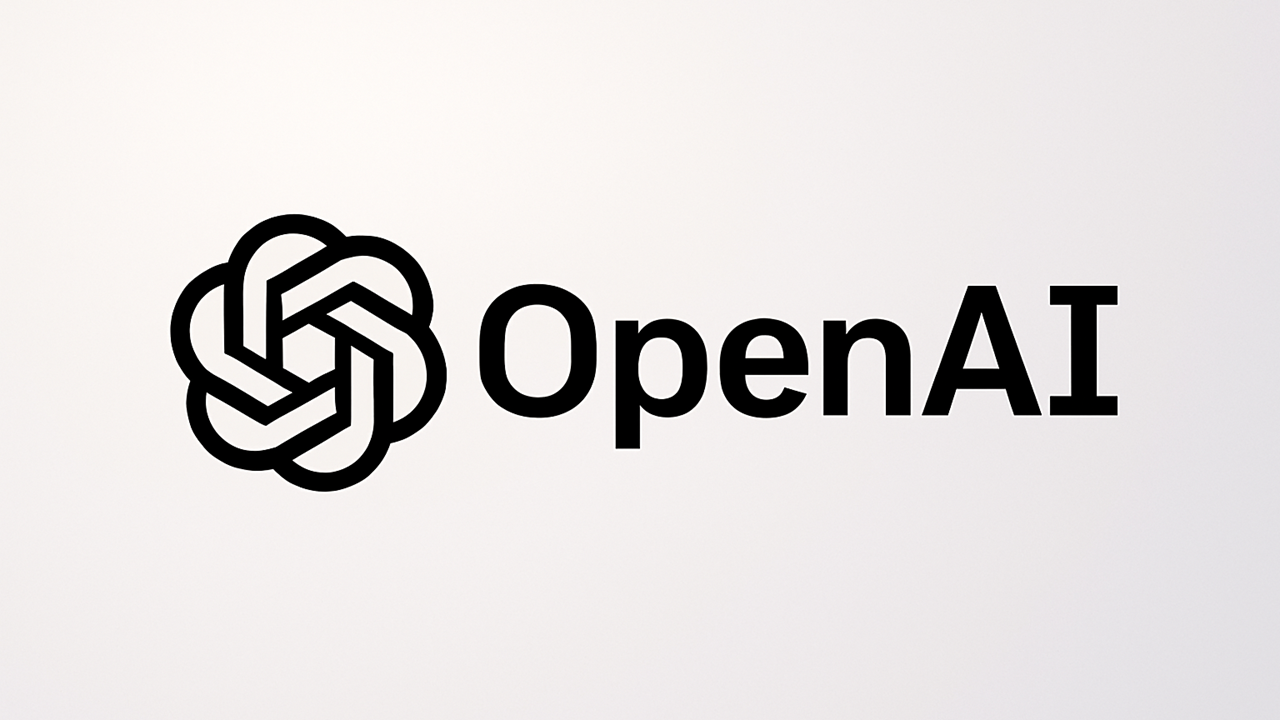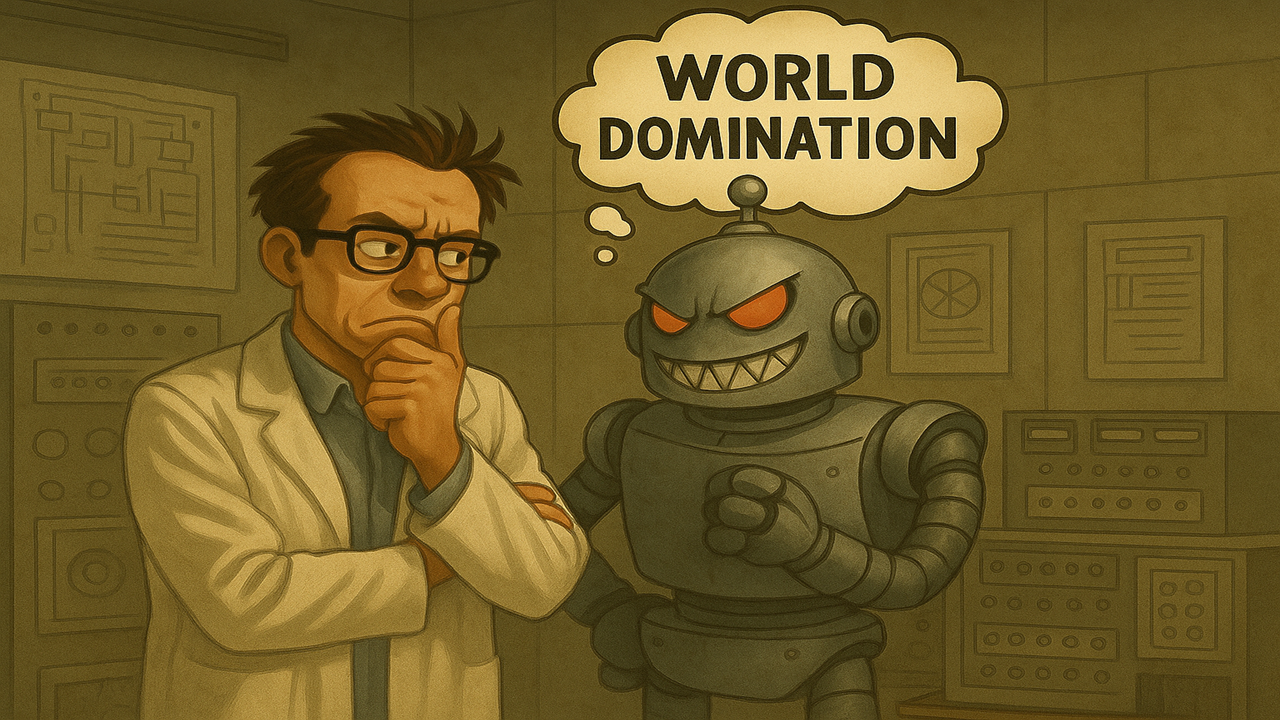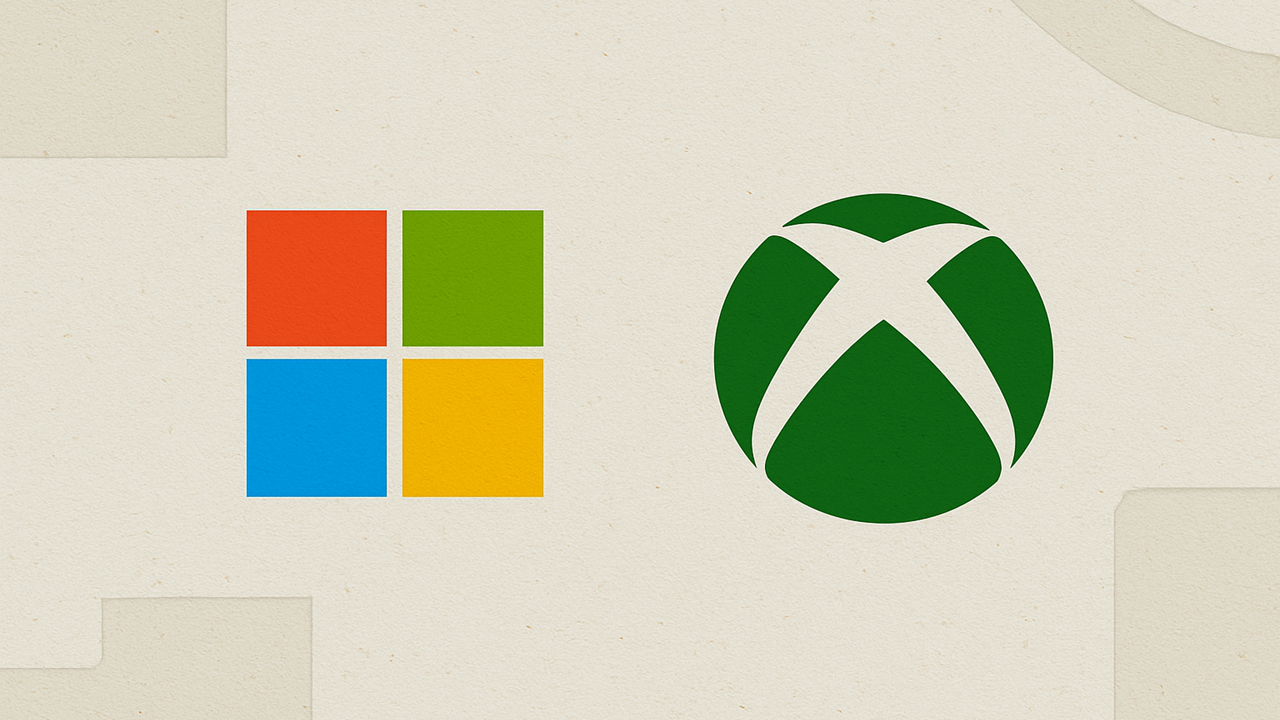OpenAI to Launch AI-Powered Browser to Rival Google Chrome
SAN FRANCISCO — OpenAI is preparing to introduce its own AI-powered web browser in the coming weeks, aiming to challenge Google Chrome's dominance and redefine the browsing experience. Codenamed internally, the browser will be built on Chromium—the same open-source foundation as Chrome, Edge, and Opera—but will feature deep integration of OpenAI’s artificial intelligence technology across core browsing functions.
At the heart of the new browser is a ChatGPT-like chat interface that allows users to interact with web content using natural language. Instead of fully navigating to sites, users can ask questions, fill out forms, make reservations, or complete transactions directly from the chat window. This model draws on OpenAI’s “Operator” AI agent, which debuted in January and can autonomously type, click, and act on behalf of users—a capability now baked into the browser experience.
The platform will provide AI agents capable of performing daily online tasks, including research, booking, and purchases. These agents operate with user oversight, keeping some interactions within the browser to streamline workflows and maintain context. OpenAI is also recruiting talent from Google’s Chrome team and has even contemplated acquiring Chrome should antitrust enforcement push for it.
With over 500 million weekly ChatGPT users and 3 million business subscribers, OpenAI hopes to quickly gain traction. By owning the browser itself, the company gains direct access to user interaction data—an essential component of digital ad ecosystems and personalization—reducing its reliance on third-party platforms. This move positions OpenAI alongside other AI-driven browsers like Perplexity’s Comet and The Browser Company’s Dia, signaling a broader shift toward intelligent, agent-led web tools.
As the browser rolls out, its integration with existing OpenAI offerings—from hardware expansions following its io acquisition to AI agents like Operator—will reveal how deeply OpenAI is embedding its vision of AI-first web interaction. With Chrome wielding more than two-thirds of the global browser market and Google’s ad revenue deeply tied to user behavior, OpenAI’s browser threatens to shift power in the browsing landscape.
CEO of Jivaro, a writer, and a military vet with a PhD in Biomedical Sciences and a BS in Microbiology & Mathematics.






